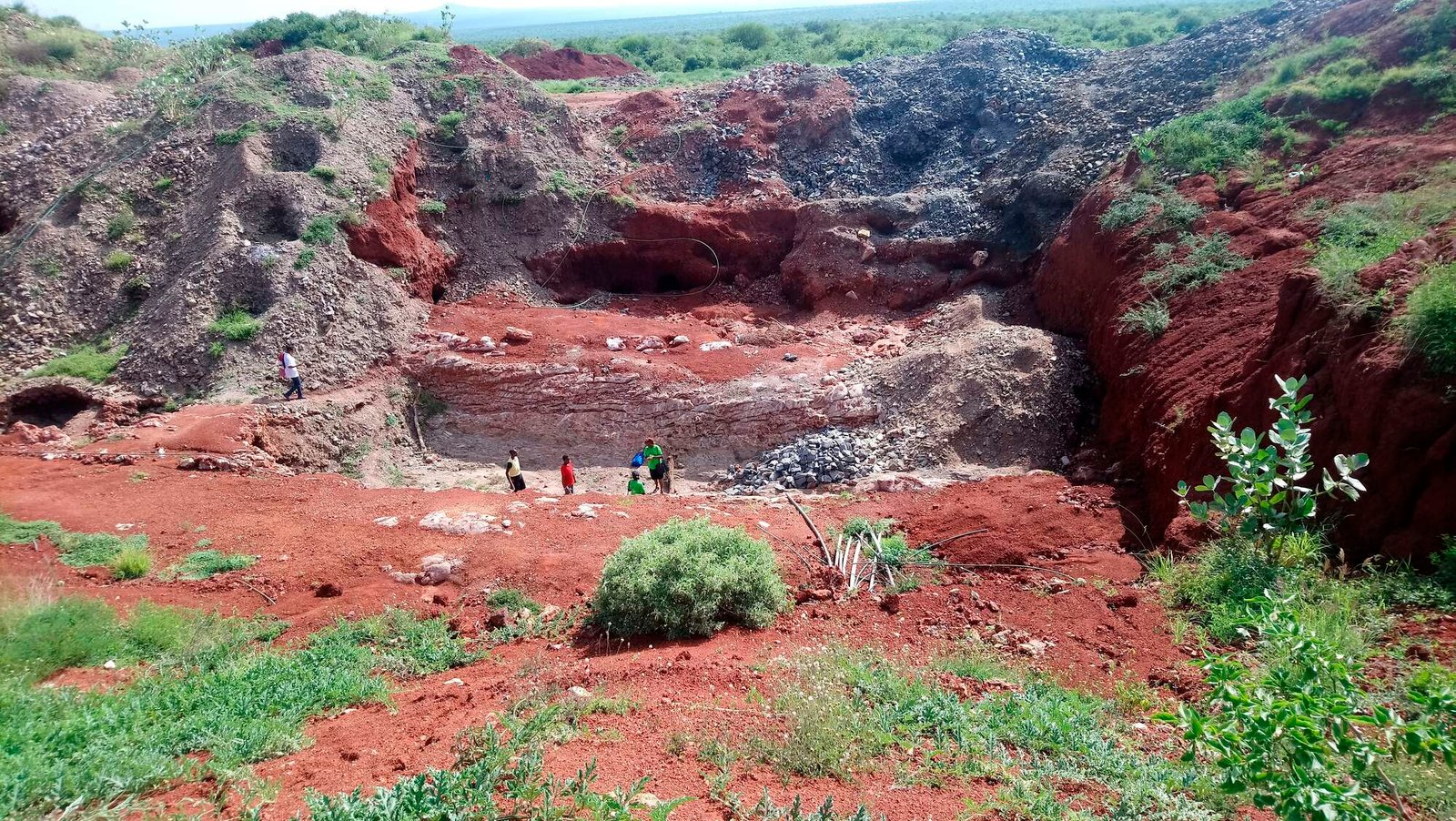[ad_1]
The global ambition to achieve net zero emissions by 2050 could give Africa new options to raise ‘green’ revenues through selling carbon credits and extracting useful minerals.
A recent report by the United Nations Conference on Trade and Development (UNCTAD) says Africa’s richness in minerals places it at an advantage to dominate global supply chains of technology-intensive industries.
According to the Economic Development in Africa Report released August, Africa’s rich reserves of cobalt, manganese, graphite, nickel, lithium, copper and iron ore are crucial for the manufacture of electric vehicle batteries and components, as well as other commodities that will support the zero-emission economies.
Carbon offsetting has also become a critical source of foreign exchange for African countries, and leaders have expressed all intentions of capitalising on the global carbon markets to maximise yields from their ecological conservation efforts.
Read: African leaders bank on carbon taxes to raise climate finance
The Nairobi Declaration, which was the result of the inaugural Africa Climate Summit held last week, demanded that the global community implements measures to increase Africa’s share of carbon markets.
However, the reality of earning from both minerals and carbon offsets appears bleak as mining in itself cancel out carbon credits income due to the associated deforestation and general environmental degradation.
For example, Kenya’s Taita Taveta County in the Coast region is home to East Africa’s largest carbon offsetting project – the Kasigau Corridor – but also has one of the richest mineral reserves in the country, stored underneath the dryland forests.
Community leaders are reluctant to explore the rich reserves of iron ore and other minerals because that will cut off their earnings from carbon offsetting, which they are only able to sustain by conserving the dryland forests.
“The moment we allow mining, this land will cease being a conservancy and we will forget about carbon credits,” said Afiz Nyambu, chairman of Mgeno Conservancy, a communally owned protected area in Taita Taveta.
Fear of resource curse
Carbon offsetting is viewed by the leaders as a more resilient and reliable source of income for the community members, compared to mining, which is often riddled with ‘skewed deals’ and the ‘resource curse’.
Read: Africa calls for review of model to address climate
However, Dr Patrick Kanyoro, chairperson of the Kenya Chamber of Mines, argues that mining doesn’t have to be environmentally degrading.
“While a lot of mineral reserves are in forests or protected areas like Tsavo, we still have adequate reserves elsewhere that can be responsibly and sustainably mined without adversely affecting the environment,” Dr Kanyoro said in an interview with The EastAfrican this week.
He says even in protected areas, it is still possible to “responsibly and sustainably” extract minerals.
“Cutting off carbon offsetting money will only happen if you’re doing open cast mining, which will mean bringing down dryland vegetation and all that. But if you’re doing underground mining, often times, it has no effect at all on the ground cover,” he said.
[ad_2]
Source link



